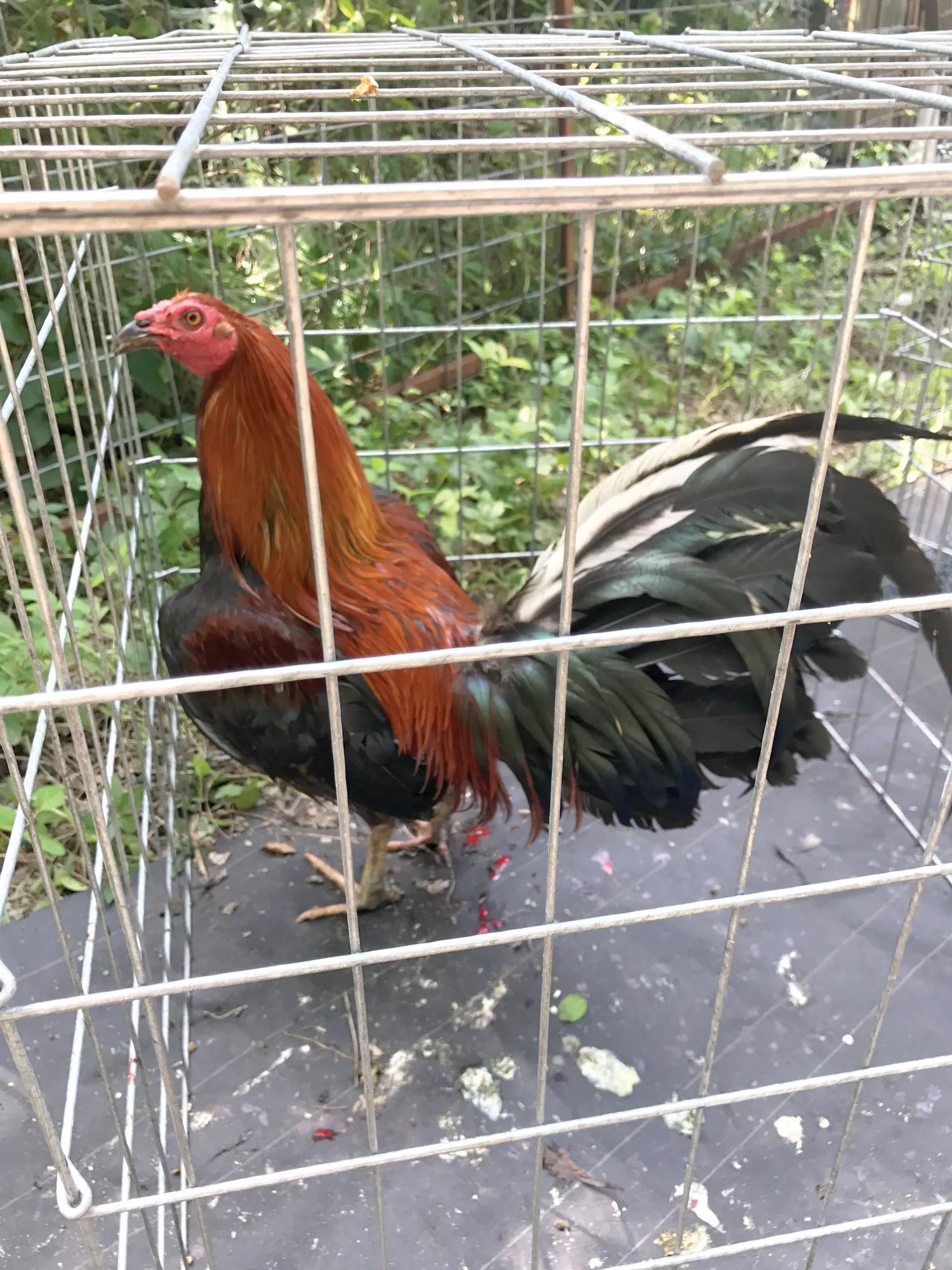
SPCA of Texas

Audio By Carbonatix
Ten years ago, a carton of eggs cost in the ballpark of $2.50. The cost of eggs then, which is a steal by today’s standards, was eventually increased thanks to a six-month breakout of highly pathogenic avian influenza (HPAI) in 2015. Now, a recent bout of the same viral infection has catapulted the price of eggs to an all-time high of $7.
The U.S. Department of Agriculture’s Food Price Outlook forecasts price changes in staple foods. The report described the month-to-month changes in egg prices as “volatile”, and predicts a 20.3% percent increase this year.
Grocery store shelves have gaping holes where dozens of dozens of eggs were once stacked. Some stores have set quantity limits on shoppers, and others have simply apologized for their low stock. Either way, all of them have price tags above $4 and they’re likely going up.
“We are currently experiencing high demand and supplier shortages for eggs,” says a sign at a Target in Dallas, according to the Dallas Morning News. “We are actively seeking additional supply.”
How We Got Here
Egg prices are on a swinging pendulum, fluctuating with the availability of hens. Prices have teetered since 2022, but started to increase significantly in December 2024.
“An outbreak of HPAI (highly pathogenic avian influenza) that began in 2022, with recent detections in January 2025, contributed to elevated egg prices by reducing the U.S. egg-layer flock,” reads the Food Price Outlook.
This specific strain of HPAI, airborne among chickens and naturally occurring in wild birds, has decimated entire farm populations. The outbreak has resulted in the mass slaughter of millions of poultry. A vast majority of the egg supply in the United States comes from domestic poultry farms, so when the entire flock is affected the supply of eggs is significantly depleted. The shortage has garnered mass media attention, and even elicited a response from the newly minted White House Press Secretary, Karoline Leavitt.
“As far as the egg shortage … the Biden administration and the Department of Agriculture directed the mass killing of more than 100 million chickens which has led to a lack of chicken supply in this country,” Leavitt said during a recent press conference. “Therefore, a lack of egg supply … is leading to the shortage.”
HPAI, commonly referred to as bird flu, can be contracted by humans through consumption. A man in Louisiana came down with the disease in December 2024 and died after weeks in the hospital for the condition. According to the Centers for Disease Control and Prevention, there was one case of bird flu in Texas in 2024 and 67 cases the U. S. The CDC considers the public health risk low and says there is no risk of person-to-person spread.
The High Cost of Eggs
The average American consumed 279 eggs in 2022. At $4 a carton, which is what they’re going for in Dallas, that comes to a little under $100 a year per person. During the last outbreak in 2015, egg prices leveled within a year. This time, experts say, it won’t be quite so quick.
The 2015 outbreak was the worst bird flu outbreak in history at that time, but the disease was being transmitted farm-to-farm, which meant it was generally easy to control. This time, the source of the flu is wild birds flying overhead. The CDC says wild birds roaming into poultry farms and excreting from above is driving this round of the disease, making it exponentially harder to control.
“Now, instead of replacing the normal kind of turnover in the population, or the flock, we’ve got to replace the normal turnover plus the chickens that are lost,” David P. Anderson, an economist for the Texas A&M AgriLife Extension Service told Houston Public Media. “So, it’s a big game of catching up. I think from that standpoint, we might expect supplies to continue to contract, which could lead to higher prices.”
The price of eggs, for now, is a bit of a guessing game as farmers work to recover their flocks. In the meantime, applesauce makes for a great egg alternative in baking.